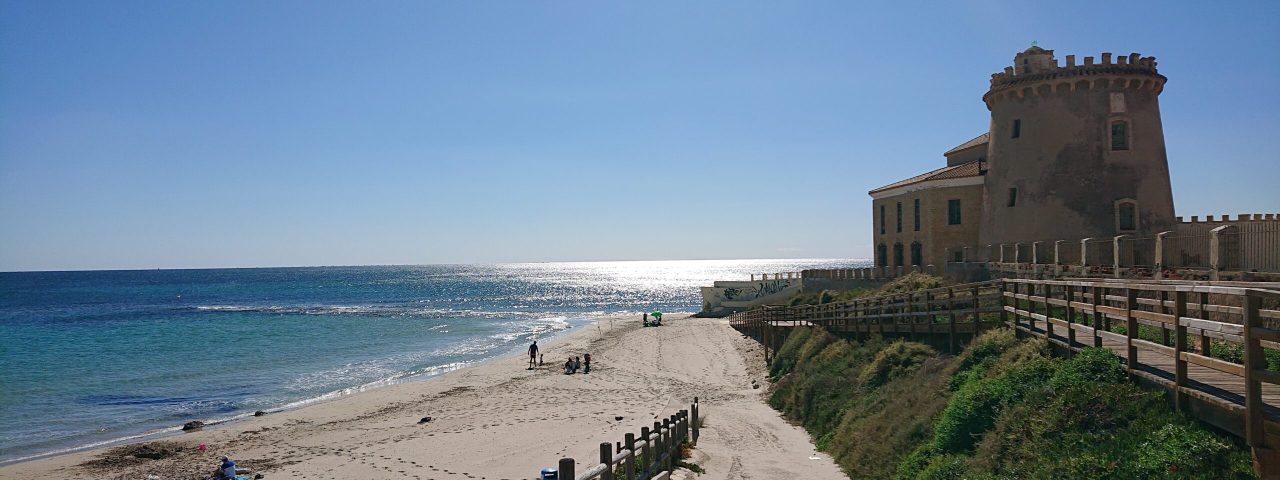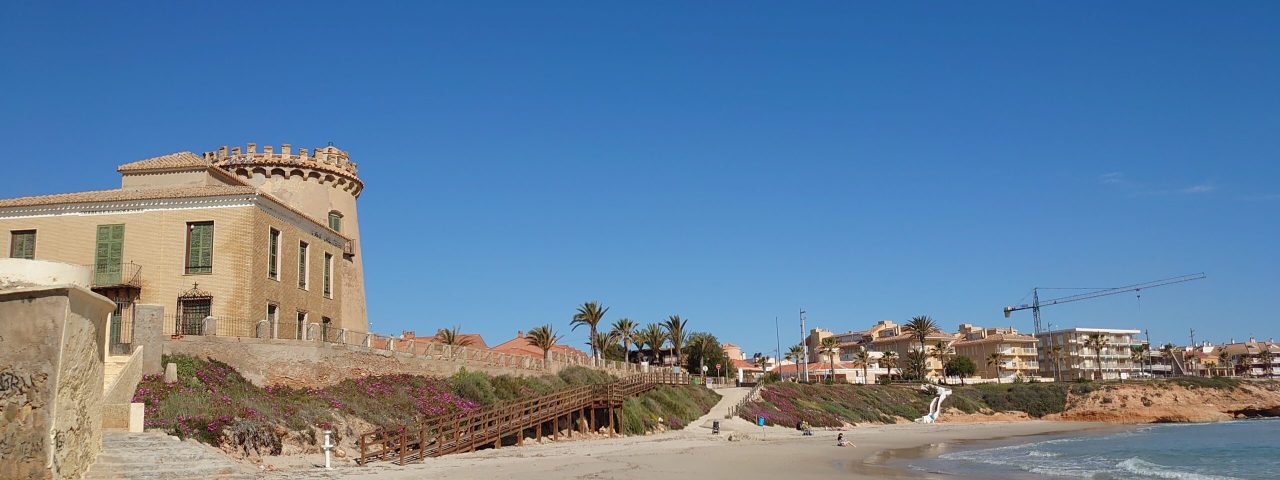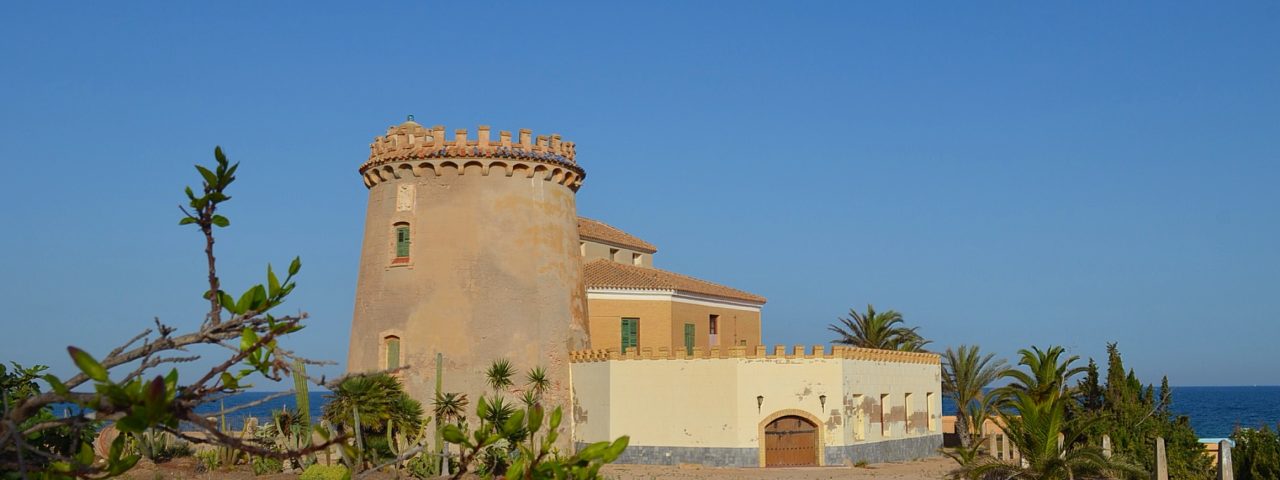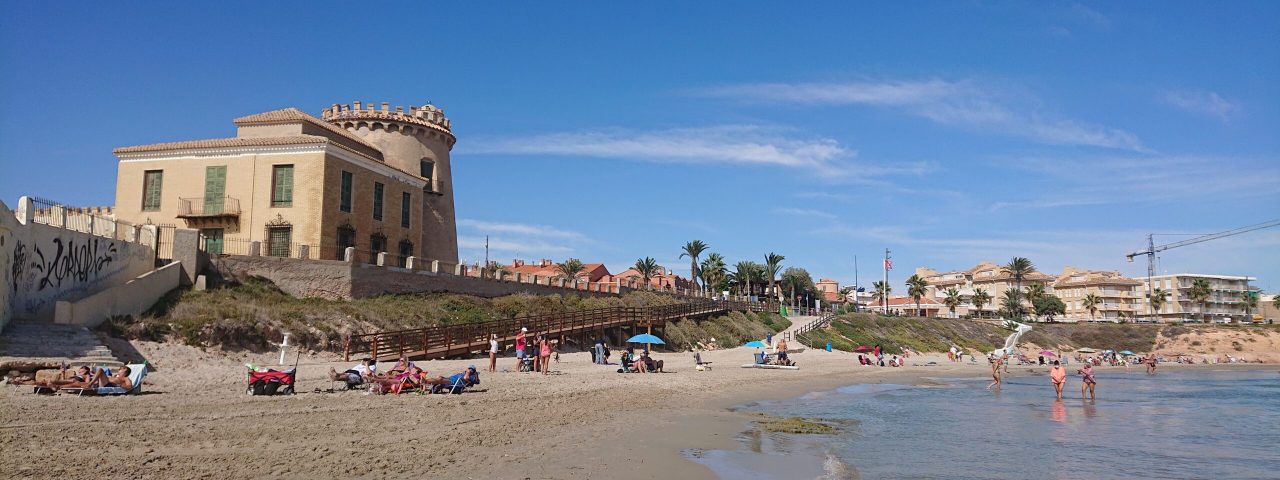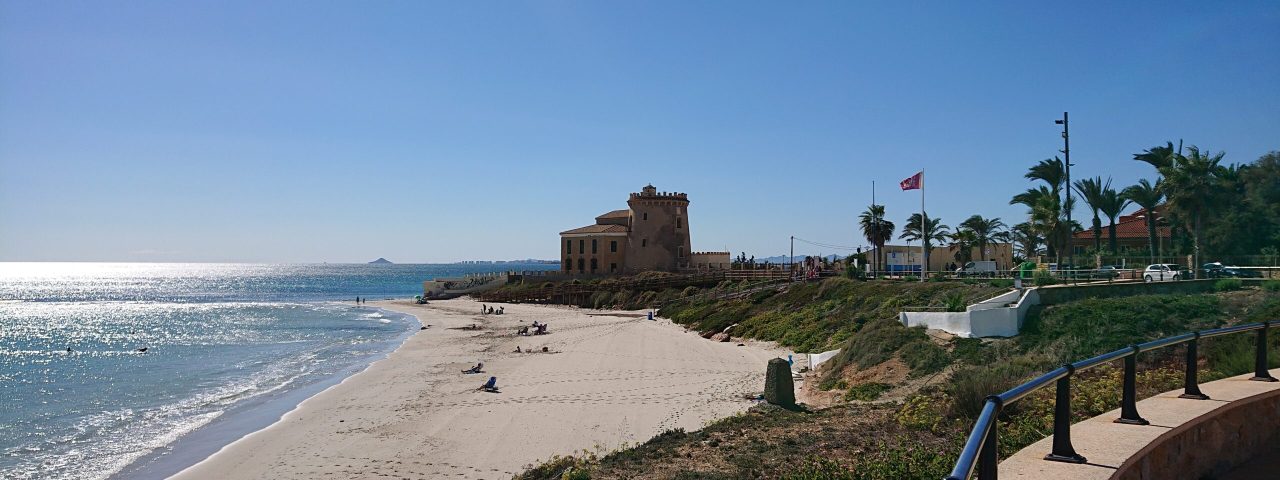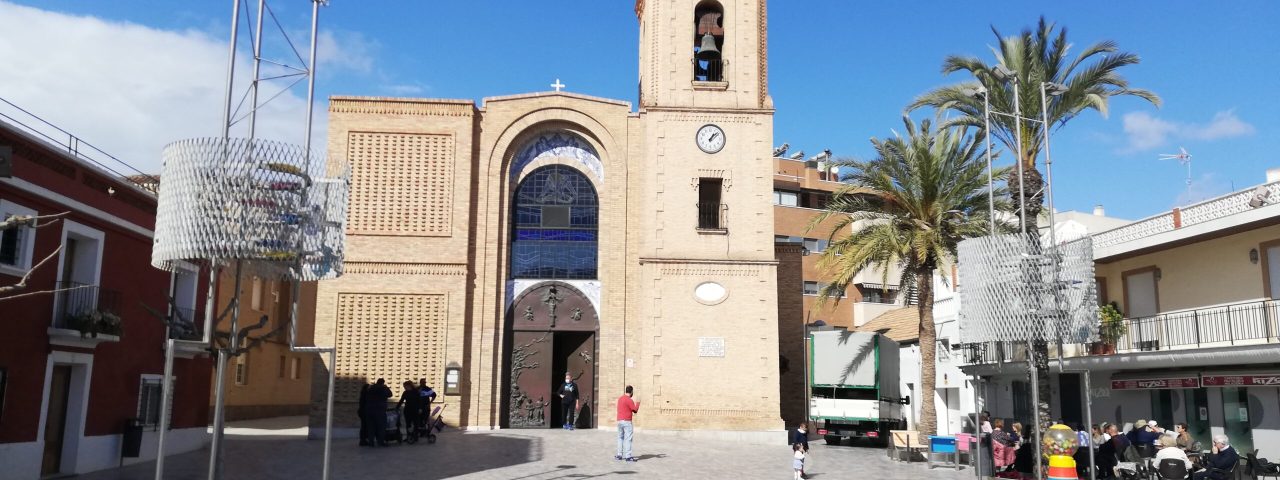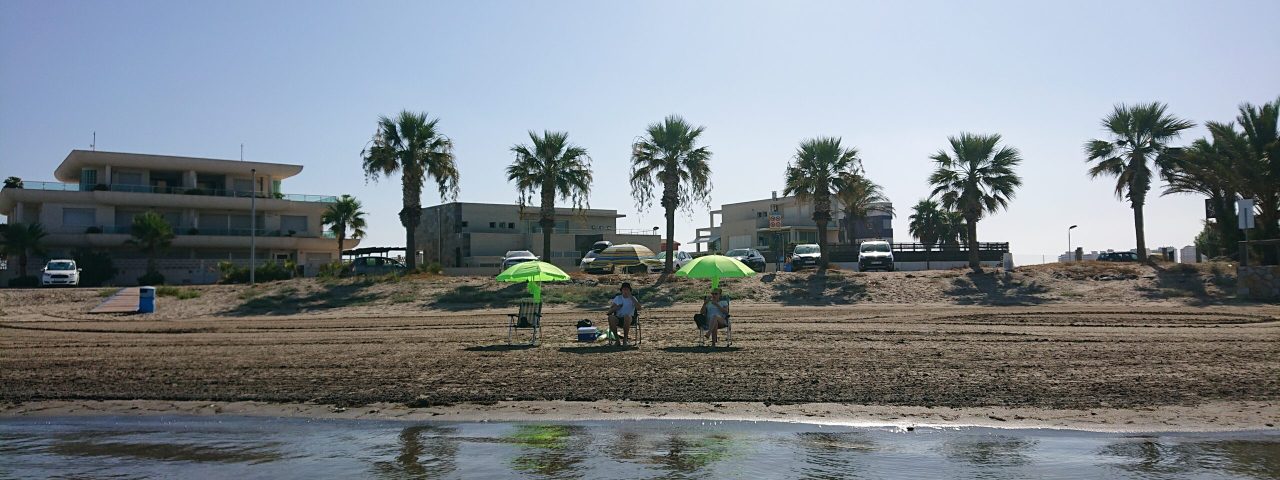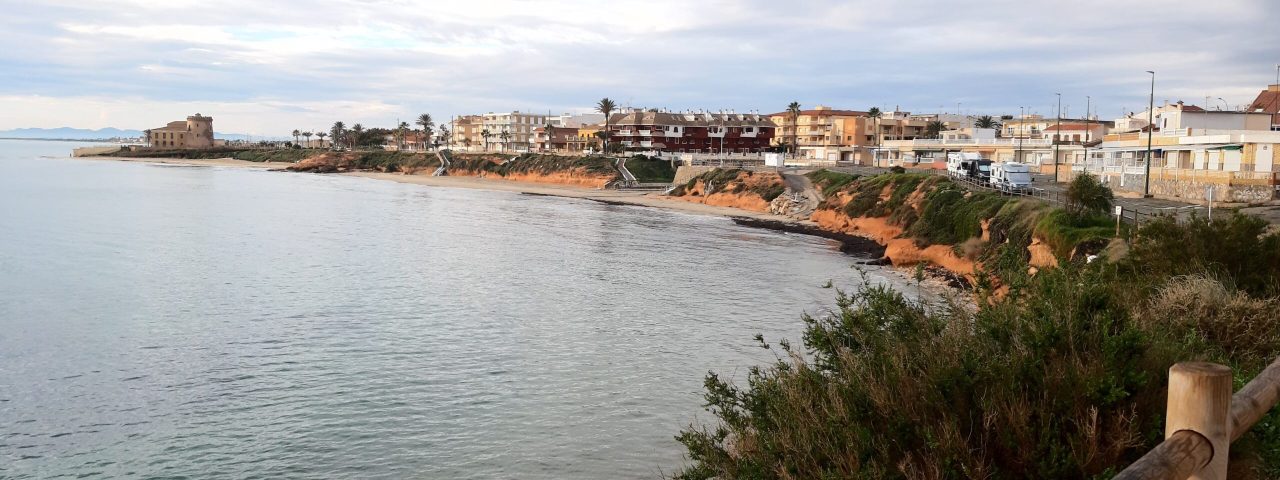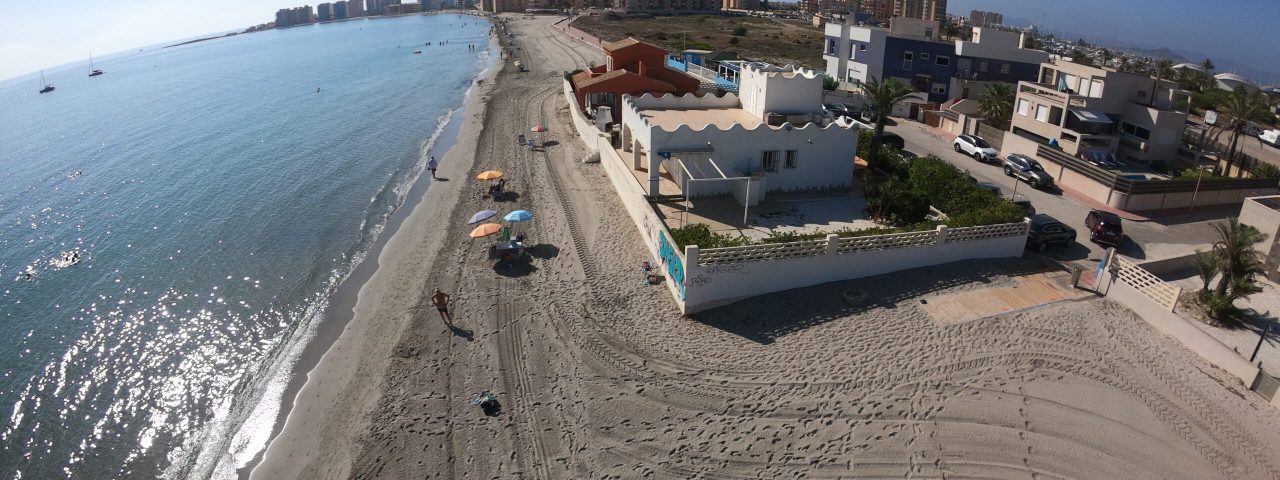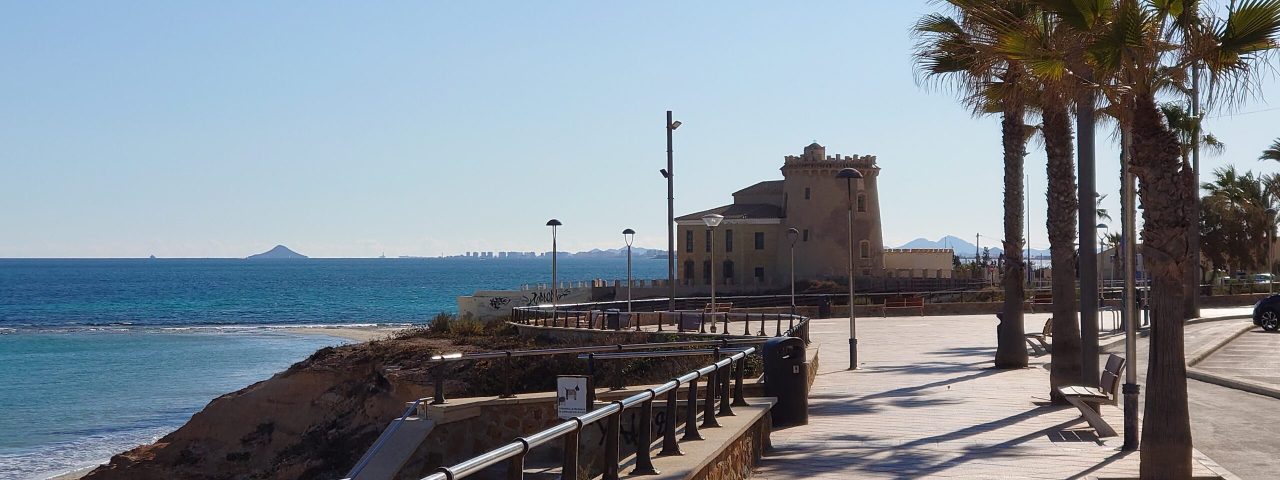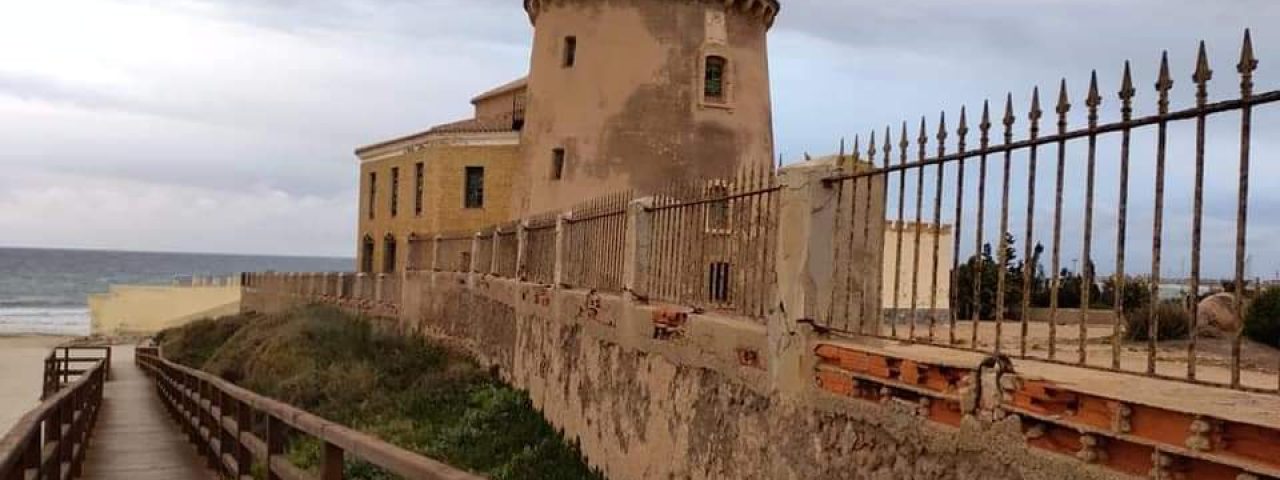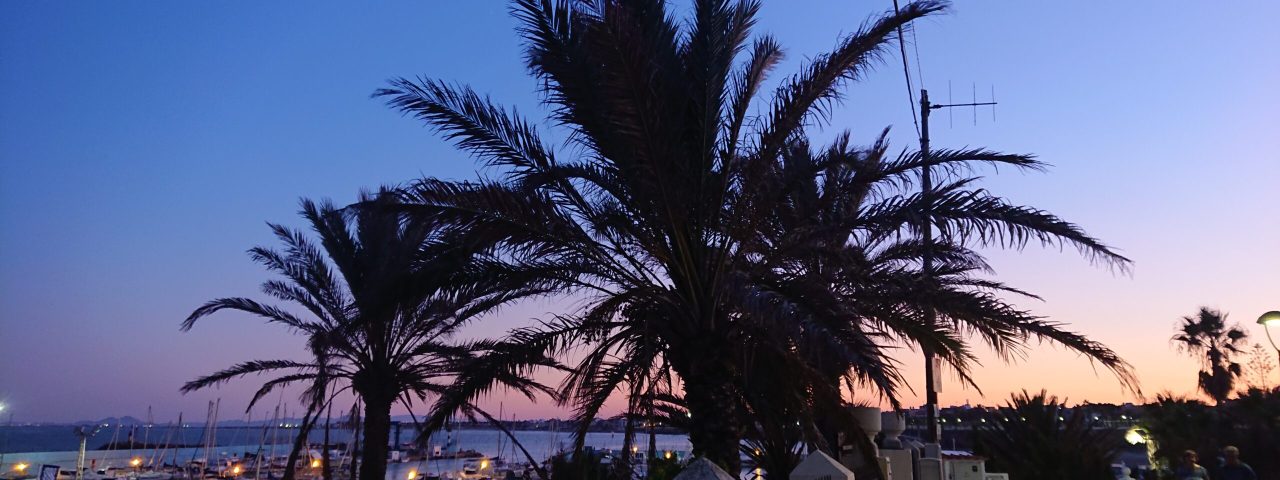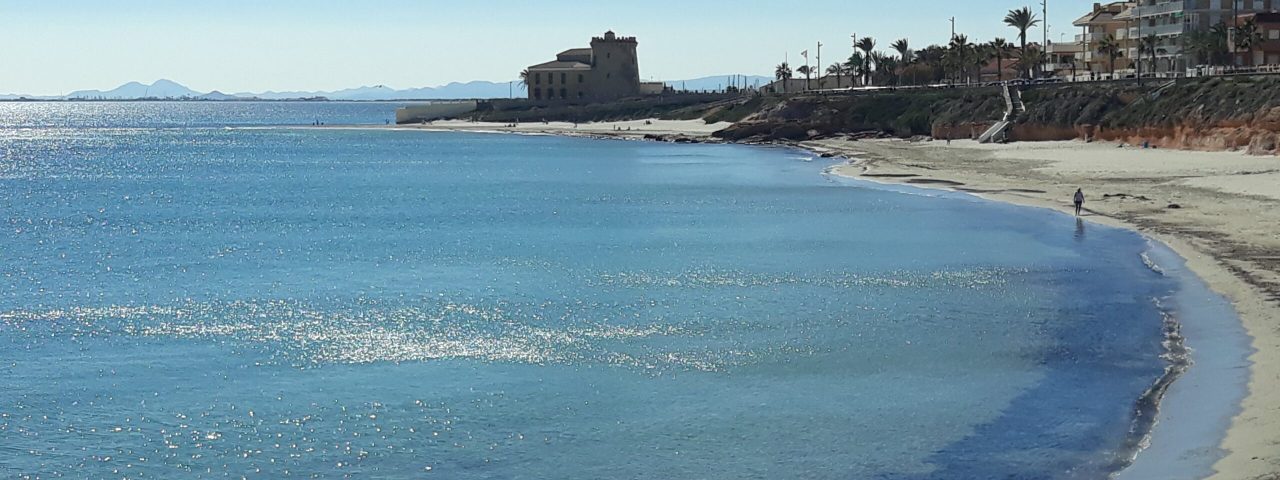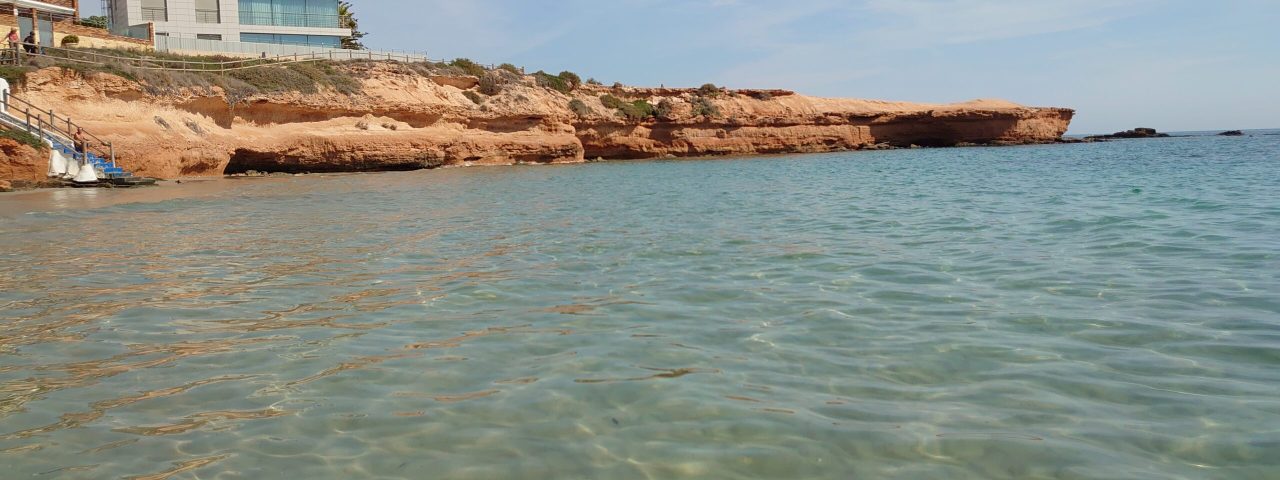Pilar de la Horadada has a rich historical background, with influences from multiple civilizations, including the Romans, Moors, and Christians. Evidence of Roman settlement can be seen in nearby ruins, and the city itself is steeped in stories from the Middle Ages, particularly during the period of Christian Reconquista. The area was of strategic importance due to its proximity to the Mediterranean coast, and over the centuries, it has grown from a small agricultural village to a vibrant coastal town.
The city is proud of its cultural heritage, which can be experienced through its local festivals and traditions. One of the most significant events in Pilar de la Horadada is the annual “Fiestas Patronales,” a celebration held in October to honor the city’s patron saint, the Virgin of Pilar. The festival includes religious processions, concerts, traditional dances, and fireworks, attracting locals and visitors alike. Another important tradition is the Semana Santa (Holy Week), where impressive processions take place throughout the city, reflecting its deep-rooted religious traditions.
Pilar de la Horadada is also known for its local customs, which often revolve around agriculture and seafaring traditions. Its historical landmarks, such as the 16th-century watchtower “Torre Horadada,” offer glimpses into the past and provide scenic spots for visitors to explore.
